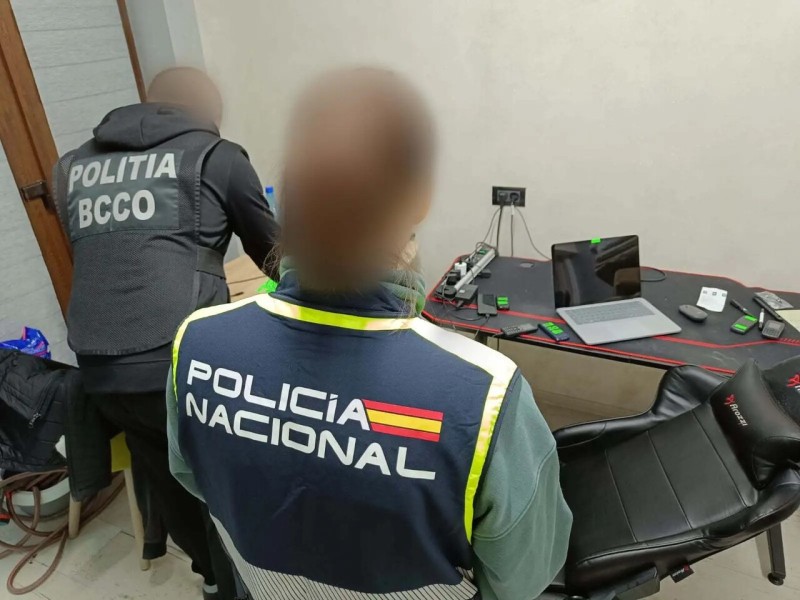Although based in Romania, the group operated internationally, with branches extending into Spain, where most of the victims lured into the so-called holiday fraud were located.
The victims paid for rental services advertised online, from accommodations to transportation tickets or full holiday packages, only to realize that none of them existed.
Europol, spearheading the operation, stated on Wednesday that while this kind of cyber fraud is not new, the unparalleled sophistication demonstrated by this criminal group demanded a multifaceted investigation to unravel their intricate web of deceit.
The perpetrators functioned within a highly intricate and organized framework, comprising three sections, each tasked with specific roles and responsibilities.
“One group was responsible for coordinating the gang, while another was in charge of posting fake advertisements on both genuine selling sites and fraudulent phishing platforms,” read the statement.
At the same time, the third group took on the responsibility of recruiting money mules tasked with laundering the proceeds obtained from the illicit operations.
Authorities also reported that the amount spent per victim varied between 200 and 10,000 euro (US$217.21 to $10,860).
While the majority of the published advertisements focused on holiday rentals, the criminals also advertised second-hand cars and electronic devices.
During the searches carried out at 22 locations in Sibiu and Vâlcea, Romania, where the gang was headquartered, police confiscated over 174,000 euro ($189,000) and 41,000 lei ($8,955) in cash, along with 55 grams of gold, and a trove of electronic devices including 135 mobile phones, 29 laptops, five tablets, 23 memory sticks, and 326 SIM cards.
According to Europol, the criminal organization did not stop at fake holiday rentals, as they also delved into sophisticated phishing tactics, executing what is known as Business Email Compromise scams. Using malware, they intercepted victims’ emails, coaxing them into funneling funds directly into the pockets of the criminal syndicate.



